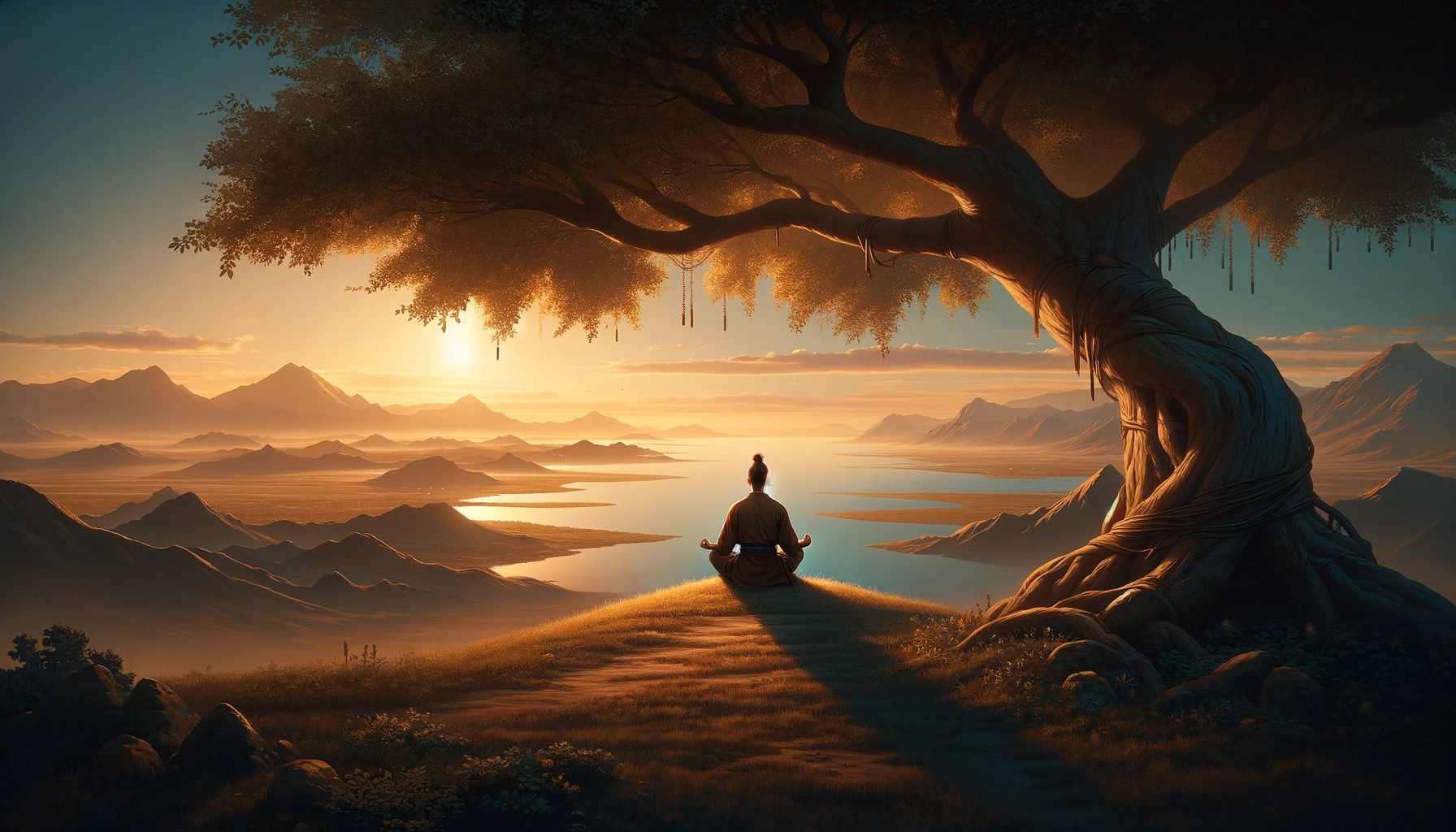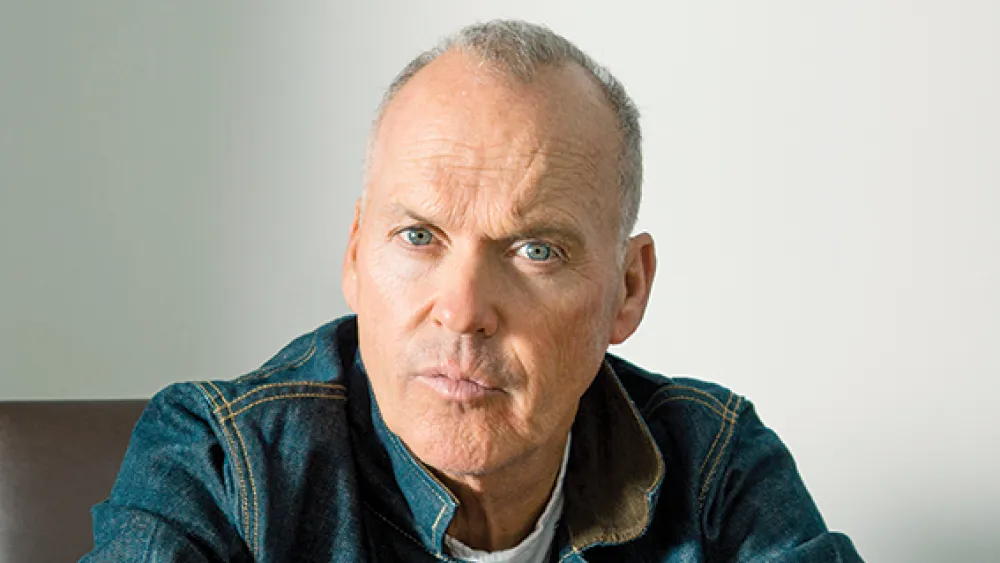In our fast-paced world, it’s easy to get caught up in the urgency of everything happening around us. Every event, every comment, and every social media post feels like it demands an immediate response. However, one of the most valuable lessons we can learn in life is encapsulated by the quote: “Learn to sit back and observe. Not everything needs a reaction.” This simple yet profound message, attributed to Tymoff, serves as a reminder to cultivate calmness, patience, and discernment in how we respond to the world.
The Power of Observation
Observation is an underrated skill in today’s society. Many equate action with productivity and response with importance, but learning to observe without immediately reacting can offer numerous benefits. Sitting back and observing provides clarity, insight, and a deeper understanding of the situations we find ourselves in.
- Gaining Perspective: By taking a step back, we allow ourselves the space to view a situation from different angles. Instead of rushing to react based on emotions or assumptions, observation helps us analyze the facts, recognize patterns, learn to sit back and observe. not everything need – tymoff and anticipate consequences.
- Avoiding Overreaction: Often, our immediate reactions stem from temporary feelings such as anger, frustration, or insecurity. Observing gives us time to cool down and ensure that our responses are proportionate and rational.
- Learning from Others: Observing others can provide valuable lessons. By watching how people handle situations—whether good or bad—we can learn strategies for managing our own reactions. Successful leaders, thinkers, and even everyday individuals demonstrate that sometimes, silence and patience are the most powerful tools in decision-making.
Why Everything Doesn’t Need a Reaction
The need to react to everything stems from a natural human desire for control. We feel that if we don’t respond, we are being passive or letting something slide. However, the opposite is often true. Not every situation requires your involvement, and constantly reacting can drain your energy and peace of mind.
1. Preserving Energy
Constant reactions consume mental and emotional energy. If you feel compelled to respond to every piece of negative news, gossip, or small inconvenience, you’ll quickly find yourself exhausted. By being selective with your responses, you can conserve your energy for situations that truly matter.
Instead of engaging in every online debate, reacting to every piece of criticism, or stressing over minor setbacks, reserve your energy for meaningful discussions and important issues. This allows you to be more effective in the areas that truly deserve your attention.
2. Maintaining Inner Peace
In today’s world, with social media, news cycles, and global connectivity, there is an endless stream of stimuli that demand reactions. However, reacting to everything can disturb your mental peace. Allowing yourself to observe without engaging in every event or conflict preserves your sense of calm.
Silence, after all, is not weakness—it’s wisdom. Maintaining inner peace requires the ability to distance yourself from situations that may not directly impact your life or deserve your emotional investment.
3. Avoiding Unnecessary Conflict
Reacting impulsively, especially when emotions are high, often leads to unnecessary conflict. A small disagreement can quickly escalate into a larger issue simply because one or both parties felt the need to react too quickly. Sitting back and observing helps in preventing such conflicts.
By choosing not to react immediately, you can prevent saying or doing things in the heat of the moment that you might regret later. Many arguments or tensions could be resolved—or avoided altogether—if people paused to reflect before reacting.
4. Understanding the Bigger Picture
When you observe without jumping into reaction mode, you begin to see the bigger picture. In a heated moment, we may focus only on the immediate problem and lose sight of the long-term consequences of our actions. Taking a step back allows us to ask: Is this really worth my time and energy? Will this matter in a week, a month, or a year?
Learning to see beyond the immediate allows you to make decisions that are not just reactions to current circumstances but are aligned with your long-term goals and values.
How to Cultivate the Habit of Sitting Back and Observing
Cultivating a mindset where you sit back and observe rather than react immediately is a practice. Here are some steps to develop this approach in your daily life.
1. Practice Mindfulness
Mindfulness is the practice of being fully present in the moment without judgment. It encourages you to observe your thoughts and feelings without becoming attached to them. By practicing mindfulness, you become more aware of your emotions and reactions, allowing you to pause before responding.
Simple mindfulness exercises such as deep breathing or short meditation sessions can help you become more attuned to your inner thoughts and help you slow down your reactions.
2. Embrace Silence
We live in a world where silence is often uncomfortable, yet silence can be powerful. In conversations or debates, silence allows you time to think. It prevents you from reacting impulsively and can give the other person a chance to clarify their points.
Next time you feel the urge to react immediately, take a deep breath and embrace the silence. Let it guide you toward a more thoughtful response.
3. Question the Need for Reaction
Before you react to something, ask yourself: Does this require a response? If it does, ask yourself: What kind of response is necessary?
Often, we’ll find that no response is needed at all. A simple internal acknowledgment of the situation might be enough. This can be particularly helpful on social media or in situations where people are trying to provoke a reaction.
4. Detach from Ego
Many reactions stem from a bruised ego. When we feel personally attacked or insulted, our ego pushes us to respond, often in defense or retaliation. By recognizing that not every comment, action, or event is about you, you can learn to detach from these situations and let them pass without reaction.
Learning to let go of your ego allows you to move through life with more grace, patience, and wisdom.
5. Create a Pause Between Stimulus and Response
One of the most valuable life skills is creating a pause between stimulus and response. When something happens, don’t react immediately. Instead, give yourself a few seconds to process it. This brief pause allows you to assess the situation calmly and choose your response wisely.
The pause also prevents the escalation of negative emotions, which often fuels unnecessary reactions. It’s a simple learn to sit back and observe. not everything need – tymoff yet transformative tool in navigating difficult situations.
The Benefits of Sitting Back and Observing
Adopting this approach brings a range of benefits to both your personal and professional life.
- Improved Relationships: By not reacting impulsively, you foster healthier communication. Whether with family, friends, or colleagues, thoughtful observation prevents misunderstandings and strengthens relationships.
- Better Decision-Making: When you take time to observe, you’re more likely to make sound decisions. Impulsive reactions often lead to regret, but thoughtful observation allows for strategic thinking and better choices.
- Personal Growth: Learning to observe without reacting cultivates patience, emotional intelligence, and self-awareness. These qualities contribute to your personal growth, making you a more resilient and adaptable individual.
- Increased Productivity: By not wasting energy on trivial matters, you can focus on what truly matters. Sitting back and observing helps you prioritize your time and effort, leading to greater productivity in both work and personal life.
Conclusion
Tymoff’s message, “Learn to sit back and observe. Not everything needs a reaction,” is a timeless lesson in emotional intelligence, mindfulness, and self-control. In a world that constantly demands our attention and responses, stepping back to observe allows us to regain control over our actions, protect our peace, and make more thoughtful decisions. The art of observation is not about passivity, but about choosing when and how to engage in a way that aligns with our values, goals, and well-being.




